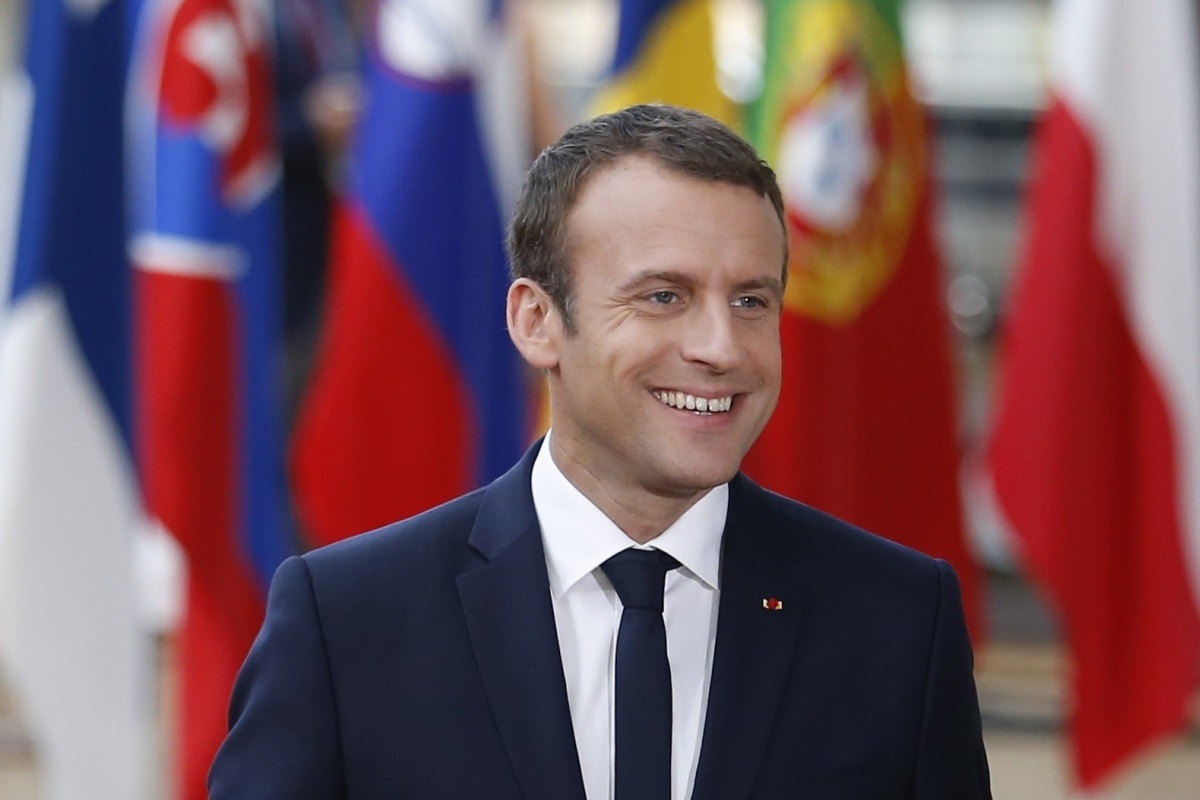It has been a vote for continuity ~ instead of change ~ in France with Sunday’s victory of the incumbent, Emmanuel Macron, who has trounced his far-right rival, Marine Le Pen, by a comfortable margin, securing 57.58 per cent of the votes. He has thus secured a second term in the Elysee Palace, staving off a speculated political earthquake during a particularly turbulent phase in Europe. Le Pen has admitted defeat but has vowed to keep up the fight, not the least because the parliamentary elections are scheduled for June. “I will never abandon the French,” she is reported to have told her supporters, although commentators believe that after two successive defeats, this may be the end of the road for Le Pen.
Many, especially on the Left, are said to have voted for Macron rather reluctantly, if only to block the far-right from winning. Protests that had marred his first mandate could erupt again quite quickly as he tries to buttress pro-business reforms. The health minister, Olivier Veran, has assured the nation that “there will be continuity in government policy as the President has been re-elected.” And then perhaps the punchline ~ “But we have also heard the French people’s message.”
Advertisement
The first major challenge will be the parliamentary elections. The Opposition parties on the Left and Right will quite obviously try to give an impetus to vote in a parliament and government that are opposed to Macron, who incidentally had been projected as the winner two months before the vote. Victory for the centrist pro-European Union Macron would be greeted by allies as a reprieve for mainstream politics that has been convulsed in recent years by Britain’s exit from the European Union, the 2016 election of Donald Trump and the emergence of a new generation of nationalist leaders. The European Council president, Charles Michel, and the Prime Ministers of Belgium and Luxembourg were among the first European leaders to congratulate Macron on his re-election. “Bravo Emmanuel,” Michel wrote on Twitter. “In this turbulent period, we need a solid Europe and a France totally committed to a more sovereign and more strategic European Union.” Seldom in the EU’s narrative has the need been felt more acutely than at the present critical juncture. Belgium’s Alexander De Croo and Luxembourg’s Xavier Bettel promptly posted congratulations on Twitter. The trio are all centrist allies of Macron.
In a sense, the French President will join a small league. Only two French heads of state before Macron have been able to secure a second term. But his margin of victory appears to be tighter than when he first defeated Le Pen in 2017. This underlines the fact that many French voters remain unimpressed with him and his domestic record. Ergo, it is internal governance that ought almost certainly to be accorded uppermost priority. Macron’s agenda will be constricted both in terms of parliamentary elections and internal governance.









